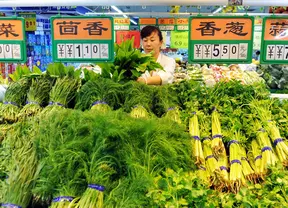
China's consumer price index (CPI), a main gauge of inflation, grew 2 percent year on year in May, official data showed on Thursday.
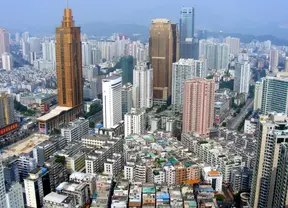
Pricey housing market poses growth risks as Chinese city transitions to tech center

Residential land prices in Hong Kong have fallen below the levels for some sites in mainland China, indicating the city’s property correction is deepening and the price gap with major cities like Shanghai is narrowing.
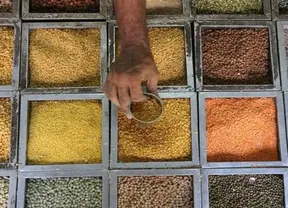
Prices of many foodstuffs such as pulses, sugar, vegetables and poultry products are set to surge in India in the next three months on thin supplies, which could fuel inflation and give the central bank little room to cut rates, said analysts.
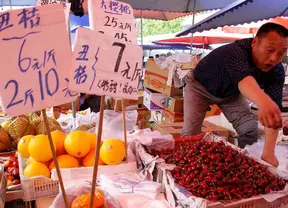
China’s consumer inflation remained modest in April, while producer prices’ four-year slump moderated as commodity prices rebounded, easing concerns about deflationary risks to the world’s second-largest economy.
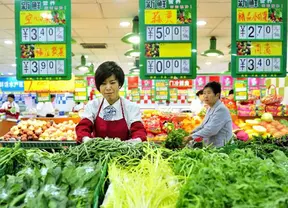
China's consumer price index (CPI), a main gauge of inflation, grew 2.3 percent year on year in April, flat from the previous two months, new data showed Tuesday.

China's producer prices continued to drop in March with the contraction narrowing from the previous month, indicating more robust demand in the industrial sector, official data showed Monday.
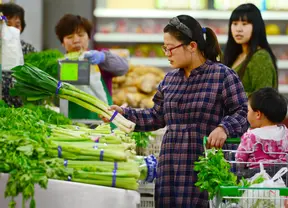
China's consumer prices grew 2.3 percent in March from one year earlier, the same as in February, official data showed Monday.

The real estate environment in China can be described as a "dual market:" First-tier cities are moving to cool their overheated property markets, while other parts of the country are struggling with excessive inventories.

Record spending by foreign tourists helped offset plunging dairy prices to narrow New Zealand' s current account deficit at the end of last year, the government statistics agency said Wednesday.
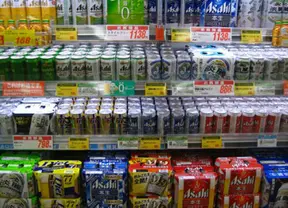
Japan's wholesale prices dropped 3. 4 percent in February on year, marking the 11th successive month of decline, as a drop in commodity prices continued to weigh on the index, the Bank of Japan (BOJ) said on Thursday.
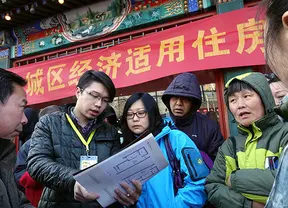
Despite booming real estate prices in Beijing, Wang Ke, a 32-year-old bank clerk, recently bought a 98-square-meter flat off the Third Ring Road.
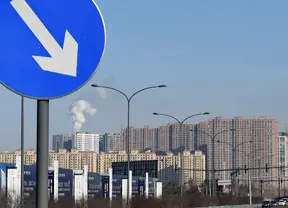
More than half of mainland Chinese cities saw home prices pick up in January amid the central government’s continuous policy support to the sector, with Shenzhen remaining the biggest gainer.
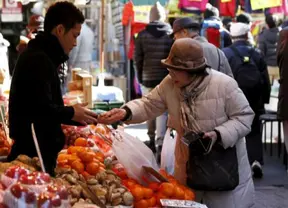
Japan's consumer prices remained flat in January compared to the same period a year earlier, as a protracted downturn in energy prices and a comparatively firm yen may lead the key gauge to enter negative territory and the central bank to intervene, data from the Ministry of Internal Affairs and Communications showed Friday.

Oil prices may have rallied on a new International Energy Agency forecast for demand to erode the excess supply next year and hopes exporters will soon agree to tighten the spigots, but producers shouldn’t get too excited.

Italian industrial production fell to a four-month low in the first month of 2016, figures released Monday show, though analysts said will take time to determine how much of an impact that will have on the country's fragile hopes for an economic recovery.
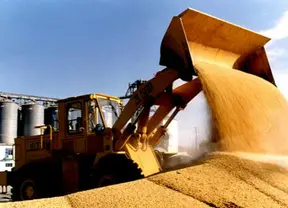
China's grain output increased for 12 years in a row and totaled about 621 million tonnes in 2015. At the same time, grain stocks reached their highest level and imports witnessed continuous growth, which are estimated to exceed 120 million tonnes in 2015.